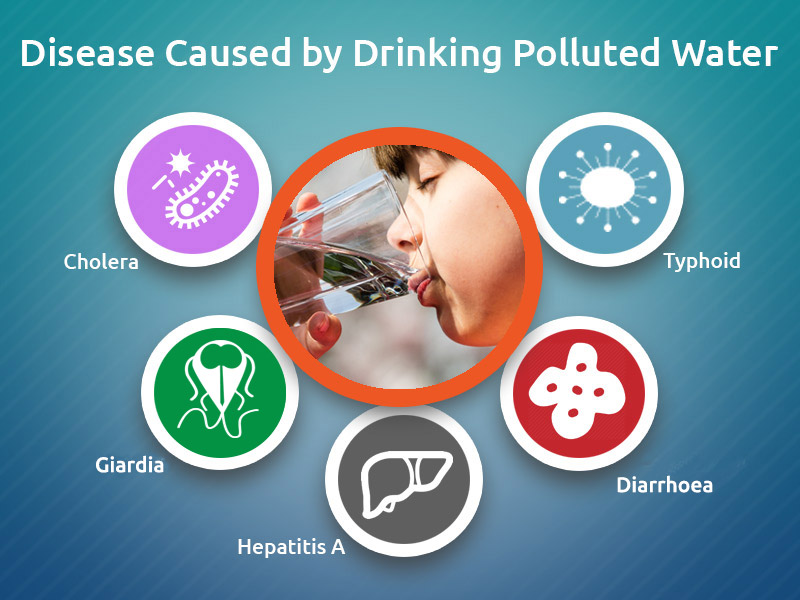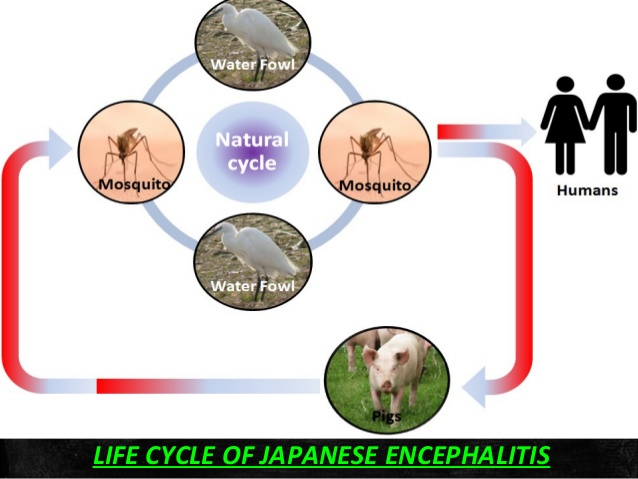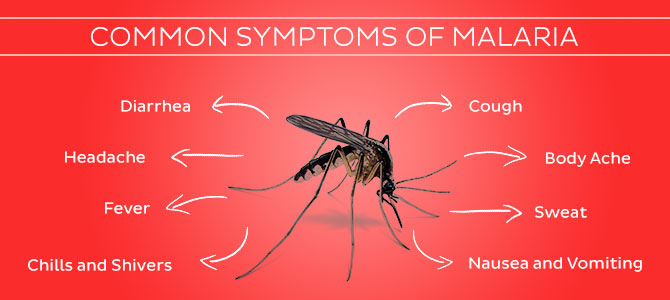Shots you must take before coming to Vietnam
Besides doing exercise and eating healthy food, there is an indispensable thing you should do: taking necessary vaccines (ideally 4-6 weeks before your trip).
Here are some suggestions – recommended by CDC and WHO for all travelers:
- Routine vaccines
Be sure to update your routine vaccines regularly before each trip, which specifically are: the measles-mumps-measles (MMR) vaccine, diphtheria vaccine, tetanus vaccine, chickenpox vaccine, polio vaccine, and your annual flu vaccination.
- Hepatitis A and Typhoid
You may get Hepatitis A and Typhoid through contaminated food or water in Vietnam, especially if you are staying with local friends or relatives, visiting smaller cities or rural areas, or if you are an adventurous eater.

For longer trip and further protection:
- Japanese Encephalitis
If your trip last more than 30 days, you may need to take the Japanese Encephalitis. It is also depended on which places you are visiting in Vietnam and what time of year you are traveling. Furthermore, you should consider this vaccine if you have the plan to visit the countryside of Vietnam or will have lots of outdoor activities regardless of how long you will stay.

- Hepatitis B
“Young, wild and free” is only an inspirational saying for people of the age 20s. Your trip will no longer be a remarkable memory if you get hepatitis B through sexual contact, contaminated needles, and blood products. Thus, CDC recommends this vaccine in case you might have sex with a new partner, get a tattoo or piercing, or have any medical procedures.

- Malaria
Mosquito is the enemy of every traveler. Unfortunately, Viet Nam is a tropical country which is a preferable condition for a mosquito to grow. To avoid being bit by a mosquito and prevent malaria, you may need to take prescription medicine before, during, and even after your trip.

- Rabies
Rabies can be found in dogs, bats, and other mammals in Vietnam, so CDC recommends this vaccine for the following groups:
– Travelers involved in outdoor and other activities (such as camping, hiking, biking, adventure travel, and caving) that put them at risk for animal bites.
– People who will be working with or around animals (such as veterinarians, wildlife professionals, and researchers).
– People who are taking long trips or moving to Vietnam
– Children, because they tend to play with animals and unaware of being a bit.

If you are not sure whether to take these vaccines or not, please ask your doctor to help you make a decision based on your traveling plans.
For further information, please check this out:
https://www.passporthealthusa.com/destination-advice/vietnam/
https://wwwnc.cdc.gov/travel/destinations/traveler/none/vietnam




